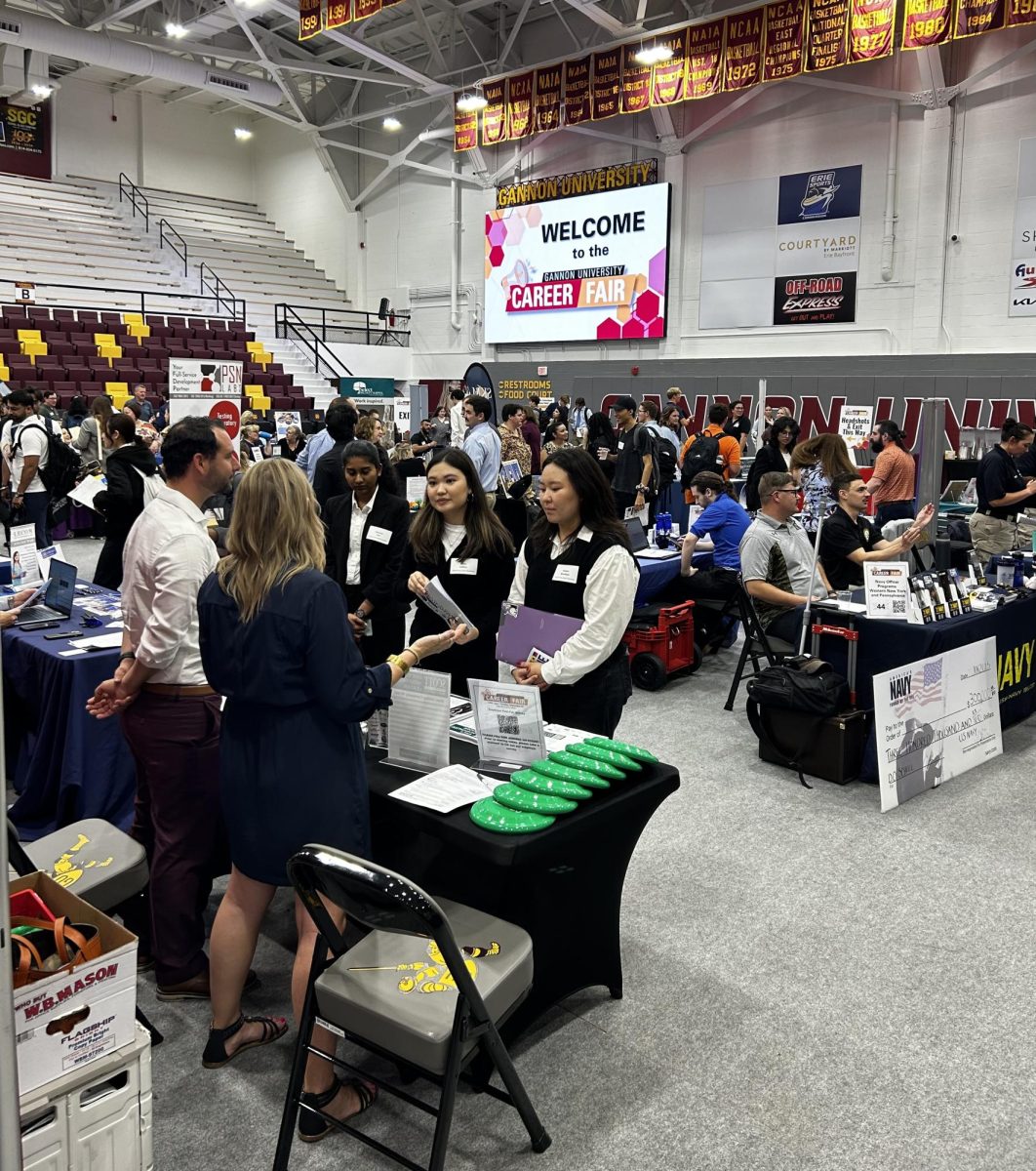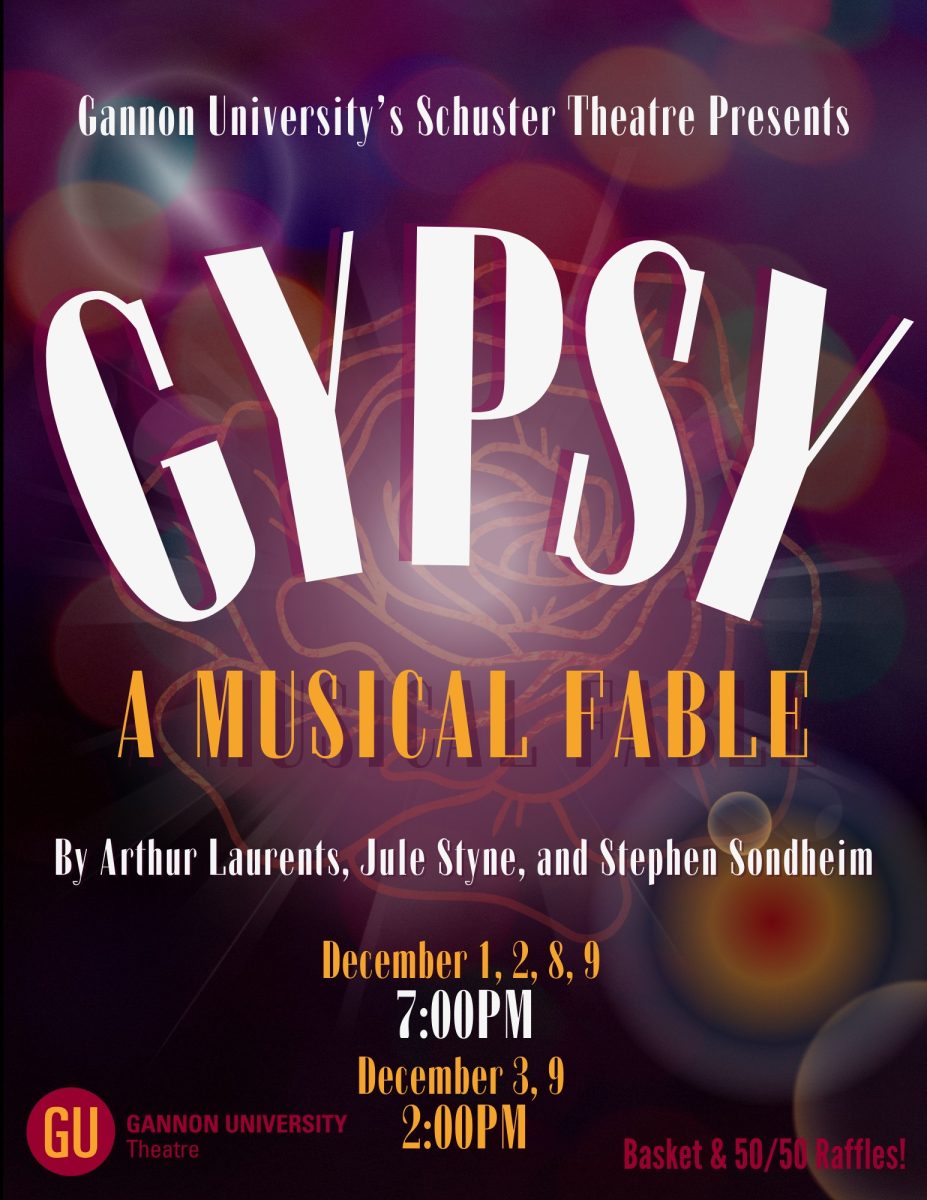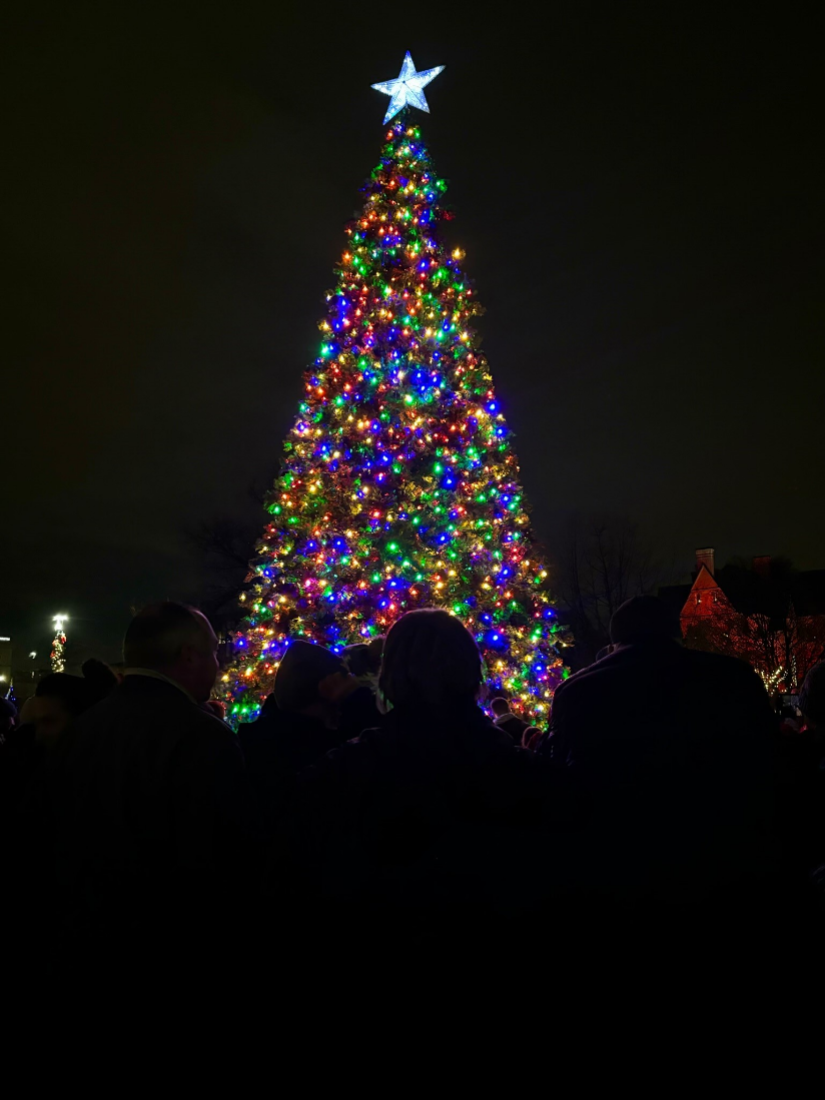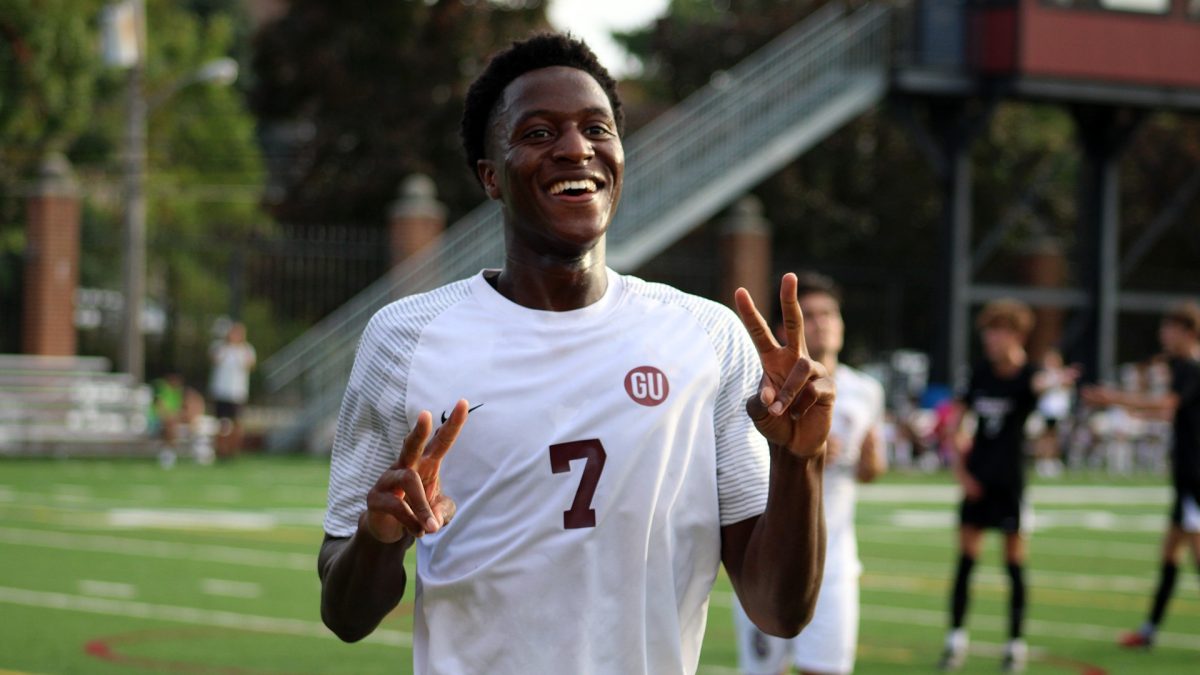Students and Erie community members will have the opportunity to learn more about today’s political climate and the upcoming election at the “Road to the White House 2016” lecture at 7:30 p.m. Nov. 2 in the Yehl Ballroom.
David Kozak, Ph.D., Gannon University professor of political science, will present an overview of the election, as well as his own personal reflections, for one final time before retiring.
In addition to this year’s election, Kozak has analyzed 11 former elections at the collegiate level, beginning with the election of 1972. He taught at the Airforce Academy and the National War College before returning to Gannon, his alma mater, where he has taught since 1988.
Kozak’s lecture will focus on how American politics has gotten to this point and where the future of American politics will go.
“What a ride this election is!” Kozak said. “Historians will point back to this as truly no ordinary time.”
In addition to Kozak, several students who are currently enrolled in a course by the same name as the lecture will present their predictions about which way each swing state will vote.
Each student in the class was assigned an important swing state to research and will present for one minute about which candidate they think will take that state. Throughout the presentations, votes will be added to an electoral map based on these predictions.
Historically, candidates need the electoral votes of swing states such as Pennsylvania, Ohio and Florida to reach the required 270 electoral votes needed to win the presidency.
Students in Kozak’s class have been learning about political analysis from experts in the field, including Steve Scully, the designated backup moderator for this year’s debates, as well as political experts from C-SPAN and universities across the United States.
Brandon Saraniti, a sophomore international studies and Spanish major, says that the information obtained from these experts has allowed the class to make predictions about who will most likely win the presidency.
“Even though the election did not happen yet, we can already sort of predict who will win, who will lose, and why,” Saraniti said.
Saraniti also says that the class has changed his perspective of what politics is all about.
“It definitely teaches you that politics is more than just arguing; it’s a science you actually have to research,” Saraniti said.
Kozak emphasized that this year’s election is both volatile and fluid in that the polls change every day. While current trends favor Hillary Clinton, Kozak said that it is not impossible for Donald Trump to take the election.
“This election has broken all the rules we’ve learned in political science,” Saraniti said. “It’s a road into the unknown.”
Kozak believes that this is a unique election and truly unlike any other elections he has studied throughout his career.
“This is a kaleidoscope election—it changes almost daily,” Kozak said. “It’s shaken up and scrambled and looks different each day.”
The lecture aims to make some sense of this year’s election.
The event is free and open to the public. For more information, call 814-871-7321.
LYDIA FENNESSY










